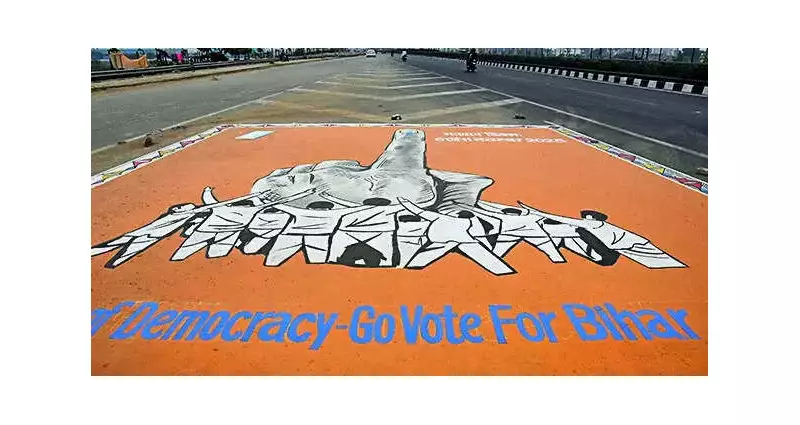
The political landscape of Bihar's Magadh region is witnessing an extraordinary phenomenon that has turned conventional electoral wisdom on its head. In a dramatic twist, several key constituencies are seeing candidates from the same caste backgrounds competing against each other, creating contests that are defying traditional voting patterns.
Unprecedented Caste Conundrum
What makes these electoral battles particularly riveting is the breakdown of predictable caste-based voting blocs. When candidates share the same caste identity, voters are forced to look beyond traditional loyalties and consider other factors such as development track records, party affiliations, and individual credibility.
Key Constituencies in Focus
The most intense same-caste battles are unfolding across multiple crucial seats:
- Arrah: A high-voltage contest featuring candidates from identical caste backgrounds has turned this into one of the most watched battles in the region
- Jehanabad: Traditional voting patterns are being tested as voters choose between candidates sharing caste identities
- Karakat: This constituency presents a fascinating case study of how same-caste rivalries are reshaping political equations
- Gaya: The complex caste dynamics here have created a multi-cornered contest that's keeping political analysts on edge
Beyond Traditional Voting Patterns
Political experts note that these unusual matchups are forcing a fundamental shift in campaign strategies. With caste loyalty no longer providing a clear advantage, candidates are emphasizing their development agendas, governance models, and specific promises to constituents.
"When caste ceases to be the differentiating factor, the real test of a candidate's merit begins," observes a senior political analyst tracking the Magadh region. "Voters are suddenly paying more attention to actual performance and less to identity politics."
The Bigger Political Implications
This phenomenon represents a significant evolution in Bihar's political narrative. The emergence of same-caste contests suggests that:
- Traditional caste arithmetic is becoming increasingly complex
- Voters are becoming more sophisticated in their political choices
- Development issues are gaining prominence over identity politics
- Political parties need to recalibrate their traditional strategies
As the election campaign intensifies, all eyes remain fixed on Magadh, where these unprecedented same-caste battles could well determine the broader political outcome in Bihar. The results from these constituencies will provide crucial insights into the evolving nature of Indian democracy and the changing priorities of the electorate.





